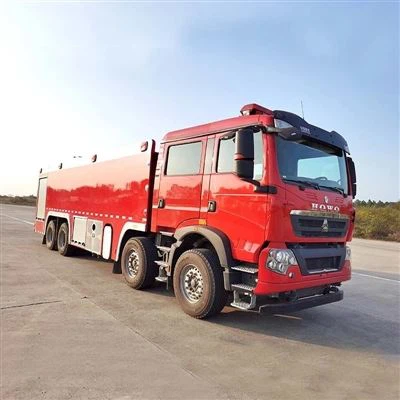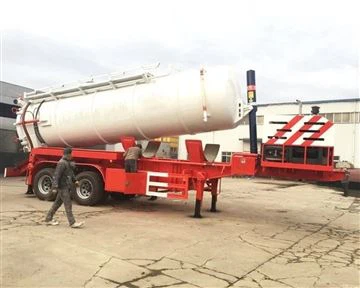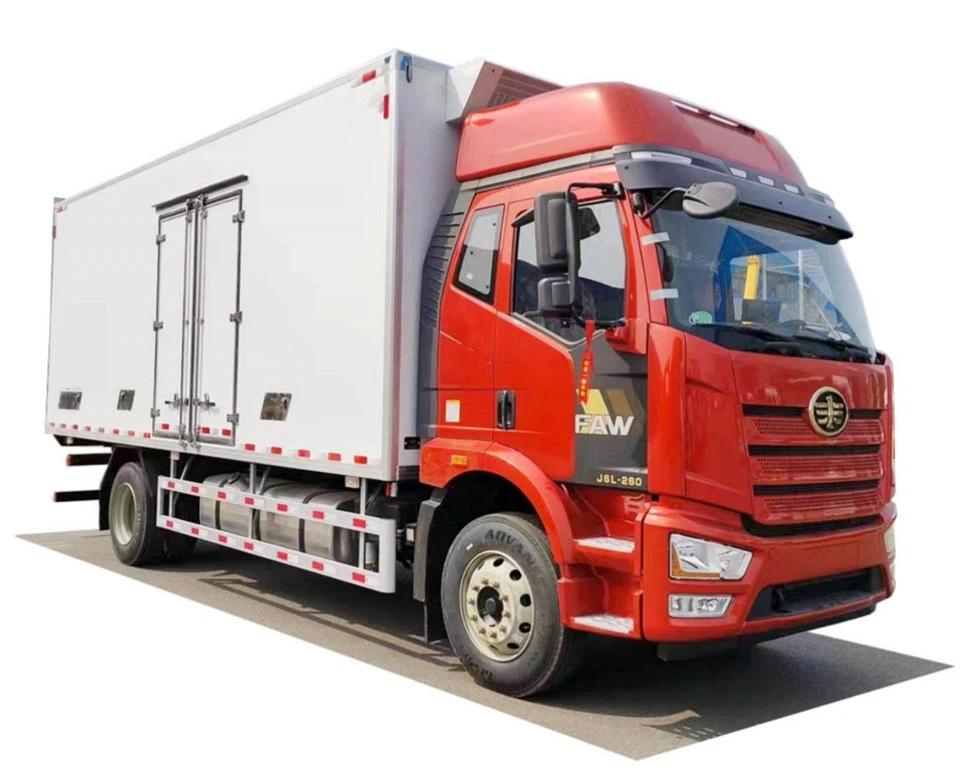Roll Off Containers Sale: Your Complete Guide

Introduction
In the fast-paced world of construction, renovation, and large-scale cleanouts, managing waste efficiently is vital. Roll off containers have emerged as the go-to solution for many project managers and homeowners. But purchasing or renting roll off containers can be overwhelming without the right information. This article will guide you through everything you need to know about roll off containers for sale, their benefits, types, pricing, and how to choose the right one for your needs. Whether you’re a contractor, a homeowner, or a business owner, understanding roll off containers will help streamline your waste management processes effectively.
Understanding Roll Off Containers
What are Roll Off Containers?

Roll off containers are large, typically open-top containers designed for transporting bulk waste. They are called “roll off” because they are delivered to a site on a truck, where they roll off the back and become stationary units for waste collection.
Typical Uses of Roll Off Containers
- Construction and demolition projects
- Home renovations and cleanouts
- Landscaping projects
- Commercial waste disposal
- Disaster cleanup and recovery
Types of Roll Off Containers
Standard Roll Off Containers
These containers typically range from 10 to 40 yards in capacity. They are versatile and can handle a variety of materials, making them ideal for general waste disposal.
Specialized Roll Off Containers
Some containers are designed for specific materials, including:
- Construction Debris Containers: Perfect for disposing of concrete, bricks, and other heavy materials.
- Hazardous Waste Containers: Designed for safely transporting hazardous materials.
- Compaction Containers: Used for commercial waste to maximize space.
Benefits of Purchasing Roll Off Containers
Cost Efficiency
Purchasing your roll off container can lead to substantial savings, especially for businesses that frequently manage waste. Instead of paying rental fees for multiple jobs, you invest once and have it available whenever necessary.

Customization and Flexibility
Owning a roll off container allows you to customize it based on your specific needs, such as adding lids or signs for hazardous waste management.
Improved Waste Management
Having your containers allows for better scheduling and management of waste disposal. You can avoid delays caused by third-party services or limited availability of rented units.
Where to Buy Roll Off Containers
Local Equipment Suppliers
Check with local suppliers or construction equipment rental companies that often sell new or refurbished units.
Online Marketplaces
Websites like eBay, Craigslist, and Facebook Marketplace often list new and used roll off containers for sale at competitive prices.
Manufacturers
Buying directly from manufacturers can ensure quality and sometimes offers better customization options. Some well-known manufacturers include:
- Wastequip
- U.S. Containers
- Roll-Off Containers, LLC
How to Choose the Right Roll Off Container
Assess Your Waste Type
Your choice of container should depend on the type of waste you plan to dispose of. Heavy materials like concrete will require durable, larger containers than general household waste.
Determine Size Requirements
Roll off containers are available in various sizes. Here’s a quick guide:
| Container Size | Typical Uses |
|---|---|
| 10 Yards | Small cleanout or renovation |
| 20 Yards | Medium-sized renovation or landscaping |
| 30 Yards | Larger construction projects or multi-room renovations |
| 40 Yards | Commercial construction sites or large-scale cleanouts |
Consider Local Regulations
Some municipalities have regulations regarding where containers can be placed or how long they can remain on-site. Always check local rules prior to purchasing.
Evaluate Price and Quality
The price of roll off containers can vary significantly based on size, manufacturer, and condition (new vs. used). Compare several offers to find the best value for your specific needs while prioritizing quality.
Tips for Buying Roll Off Containers
1. Research Reputable Suppliers
Look for established suppliers with positive reviews. Verify their credentials and ask for referrals if possible.
2. Inspect the Container
If purchasing used containers, have them thoroughly inspected for any damage, rust, or structural issues that might affect their usability.
3. Inquire About Warranty
Ensure that your roll off container comes with a warranty or guarantee which can protect your investment in case of defects.
4. Check Availability of Parts
When purchasing from a manufacturer, inquire about the availability of replacement parts in the future. This ensures your container can be maintained easily, prolonging its lifespan.
Roll Off Container Pricing
Factors Affecting Price
Several factors impact the cost of roll off containers, including:
- Size and capacity
- Condition (new vs. used)
- Type of container
- Location of purchase
Average Price Ranges
| Container Size | Price (New) | Price (Used) |
|---|---|---|
| 10 Yards | $2,500 – $4,000 | $1,500 – $2,500 |
| 20 Yards | $3,000 – $5,000 | $1,800 – $3,500 |
| 30 Yards | $4,000 – $6,500 | $2,500 – $4,000 |
| 40 Yards | $5,500 – $8,000 | $3,500 – $5,500 |
Care and Maintenance of Roll Off Containers
Regular Inspection
Check your roll off containers regularly for signs of wear and tear, such as rust spots or dents, which can compromise their structural integrity.
Proper Cleaning
After each use, clean out the containers to prevent residue build-up. This will also help eliminate odors and pests.
Scheduled Repairs
Address any damaged parts, such as the doors or hinges, immediately to avoid larger problems later.
FAQs
1. How long can I keep a roll off container on my property?
The duration you can keep a roll off container on your property varies by local regulations. Some areas permit 7-14 days, while others may allow longer periods.
2. Do I need a permit for a roll off container?
Permitting depends on your local ordinances. Generally, if the container will be placed on public property or right-of-way, a permit is likely required.
3. Can I put hazardous materials in a roll off container?

Most standard roll off containers cannot accept hazardous materials. For disposal of hazardous waste, use specialized containers designed for that purpose.
4. What are the weight limits for roll off containers?
Weight limits vary by container size and local regulations, but they typically range from 2.5 to 20 tons. Always check with your supplier for specific weight limits.
5. How do I arrange for a roll off container delivery?
To arrange a delivery, contact your supplier to schedule a time that fits your project’s timeline. Provide them with necessary details such as location and container size.
6. What should I do if my roll off container is full?
Once your container is full, contact your waste management service or supplier to arrange for pickup and disposal. Make sure not to overfill the container above the rim, as this can create safety hazards during transport.
